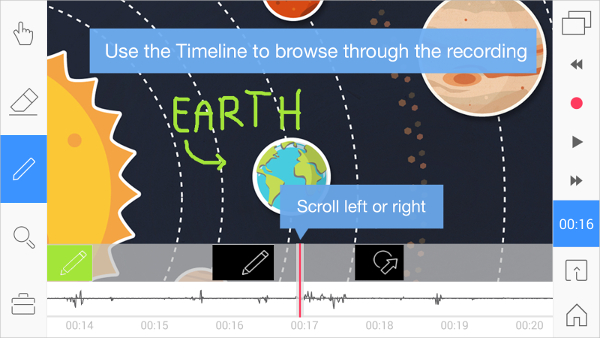

This type of reasoning is dismissed by some as deterministic, but there is no denying that the particular type of place a society emerges has a foundational impact on is political, economic, and cultural development over the long run. A long coastline with many good ports facilitates the emergence of a commercial society. Temperate zones facilitate the development of complex societies. Areas fragmented by topography and ecology (mountain ranges, forests, etc.) foster a multitude of diverse political units. Open plains foster vulnerable and hostile societies and vast empires. Special Places (Spatial Differentiation) For centuries historians and philosophers have argued that place fundamentally shapes human societies. Two other factors-technology and our mental maps of the world- shape the meaning of the core building blocks of geopolitics. Relationships between societies are fundamentally shaped by characteristics of their borders and their distance from one another. Human societies are fundamentally shaped by their biophysical location. This course addresses the following questions: How does the biophysical environment shape power relations among human societies? Is geopolitical analysis useful for understanding the role of energy and the environment in the international system? Why or why not? How does the distribution of energy and environmental resources shape power relations? As new great powers emerge, are we entering an age of increased scarcity of resources (water, oil, food) and increased conflict? Will global warming cause geopolitical change? BASIC CONCEPTS The three basic building blocks of geopolitics are place, borders, and distance. Putting these concepts together we can define geopolitics as the study of how variation in the biophysical world shapes the pursuit and use of power by human societies. Politics is the study of power-how it is attained, maintained, and used. Geography is defined expansively as the study of spacial relationships, with special emphasis on how special variation in biophysical world affects human societies. Geopolitics is the study of the interaction between geography and politics.


 0 kommentar(er)
0 kommentar(er)
